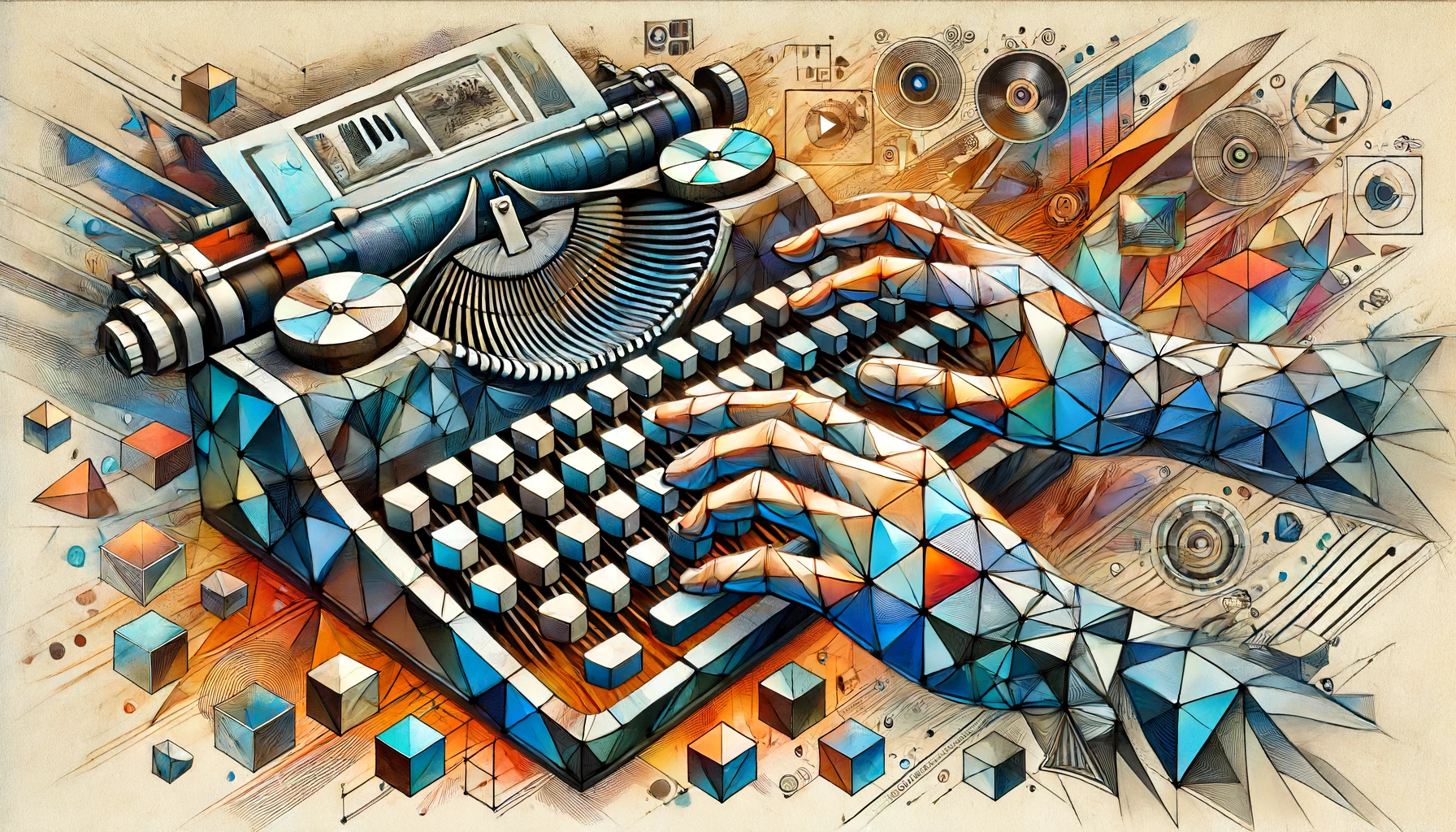“You’d kill it on YouTube,” a colleague recently told me, “or in podcasting.”
My immediate thought went to Bum Bag. The next thoughts were more measured.
- We decorate space with art and time with music. Words can do both. And they can do neither.
- A few words, carefully chosen, can communicate complex concepts clearly. (Casual consonance is also kinda cool.)
- Readers choose pace and retention. Sometimes, readers choose to reread that which, by malice, mistake, or mischief, does not at first make sense, as I have done hereto, or tolerate inexactitude.
This is to say: readers can trade reading speed and comprehension as needed or desired. Apologies for the live-fire demonstration—I usually aim for legibility. This is also a choice. - There is no better medium for knowledge transmission and recall. If you read something once, you can find it again easily. Revisiting a video or audio clip is clunky, and any speech-to-text output is imprecise at best. Text is cheaper to work with than anything any generative AI will put out.
- Thoughts can be constructed over time and released all at once. I can squeeze out a sentence here, a paragraph there, and choreograph coherence at my own convenience, complete with the occasional callback. Readers see no evidence of match- or jump-cuts. I do not need to translate into another medium. I do not need a scrubber.
“Maybe,” I said, “but, I find it easier to write. I also have little desire to ‘build an audience’ and be camera-ready at all times.”
“That’s because you’re a writer.” Another colleague chimed in. “Some people like making videos, so they’re going to make videos. Some people like talking, so they’re going to make podcasts. Some people want attention, so they go try and get attention. Sometimes successfully, mostly not.
“You like to write down your ideas. You’re a writer.
“So write.”
